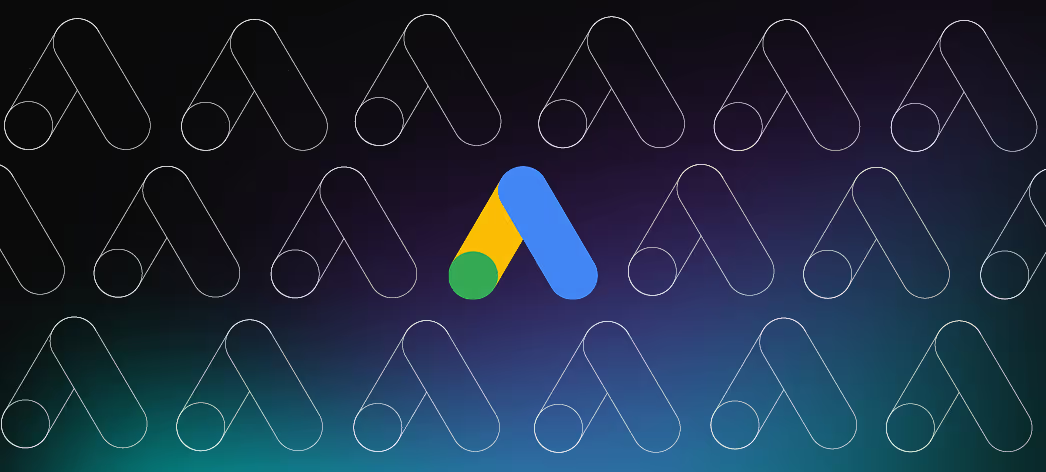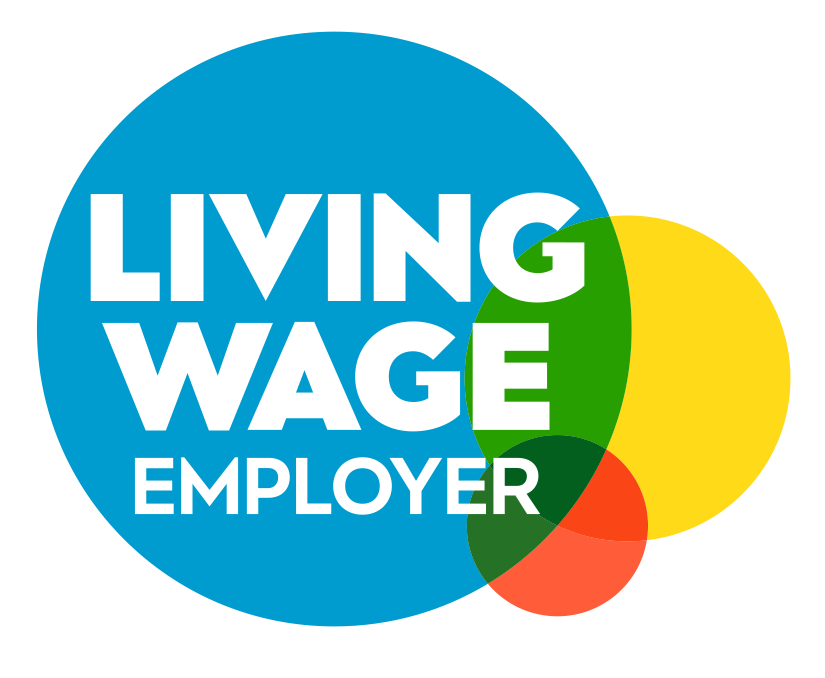If you’ve been working with Google Ads for long enough, then you’ve probably come across the term Google partner website or Google search partners. This term is often misunderstood by marketers and leaves them scratching their heads.
Are these sites officially related to Google? In which way are they partners? Should I become a partner? How does someone become a Google partner website in the first place?
With so many confusing questions out there, we thought we’d help settle some of those once and for all. Today we’re taking an in-depth look at Google and search partners and how they work.
We’ll look at what relation these websites have to Google, how people register in the first place, and how Google uses these partners. By the end of this article you’ll have a solid grasp of Google sites and how they fit in with the big picture.
To get things started, let’s begin our journey with understanding the Google search partners network.
The Google Search partners network

The Google display network is one of Google’s earliest creations that helped transform their Google Ads platform into the success it is today. Back in 2003, 3 years after the launch of the Google AdWords, Google launched its new platform known as Google AdSense.
If you've used both of the platforms then you should know the main differences between the two. However, if you didn’t, here’s a quick recap. The first major difference is that Google Ads is for advertisers who want to show their ads to users using Google search partner network.
Unlike Google Ads, Google AdSense is for publishers who want to earn money from their websites by display adverts for Google.
In order to become part of the AdSense network, websites must apply via Google to see if they meet specific criteria in order to become a partner. If they are successful, then they’ll be able to start displaying ads on their website while being paid a commission.
By introducing this third-party display network, Google has managed to increase its network reach which in turn has attracted lots of advertisers.
What are Google partner websites?

A Google partner website is simply a website that has been successfully approved by Google to run AdSense adverts on their site. Not to be confused with Google partner certificates that certain PPC and advertising agencies display on their sites, Google search partners are solely to do with the search partners network.
These partner websites display adverts on behalf of Google and receive money every time someone clicks on them. How much they earn per click will depend on a number of factors such as the industry, keyword and advert itself. Some clicks can yield a few cents in revenue like others can generate several dollars.
How do you become a Google partner website?

To become a Google partner website, websites must apply with Google and undergo a manual review to see if they are suitable. Any website can apply to become a Google partner website, but not everyone is accepted.
Unlike Google partner certificates that agencies have, you don’t receive any fancy symbol or icon to put on your website. Becoming a site partner just means you’re simply allowed to display adverts on your website. This can be beneficial for website owners who want to monetize their traffic by displaying relevant and targeted search ads to their visitors.
Should you become a partner site?
Now you know what a Google partner website is and how someone becomes one, should you become one? Although we’re not here to decide for you, we do have some important things you should consider if you are planning on signing up.
The first thing is to assess what type of website you are. If you are a professional corporate website that sells products and services, then you probably don’t want to become a partner.
Professional websites for large companies and businesses don’t display 3rd party search ads on their website and neither should you. What if one of your competitors started displaying search ads on your site, imagine how many customers you would lose!
If you look at the sites that are Google partners, then you’ll notice that they are mostly news websites and blogs. They won’t necessarily be selling any service or product, but instead they’ll be promoting other people’s.
If you own a second website on the side and want a simple way to monetize it, then becoming a Google partner might be for you. However, you should check how much traffic you are getting beforehand to make sure it’s worth your time.
Since you get paid every time a user clicks an search ad on your website, it’s obvious that you require a decent amount of traffic to make good money.
Getting a few thousand visitors a month is probably not worth it. If you want it to be worth your while then we’d suggest a minimum of 5,000 unique monthly visitors. The more you get the better chance you have of making a nice income.
Should you advertise as a part of Google Search partner network?
If you’re an advertiser, then you’re probably faced with the constant question of if you should use 3rd party advertising. By default, search ads on the Ads network are displayed on the Google search engine platform.
This means users have to search via Google to see the search ads. However, advertisers can choose to use Google partner sites or the search partner network for their campaigns. This means their search ads will be shown on 3rd party websites that will significantly increase the chances of people seeing them.
As good as this might sound, there is a rather big problem with it
Beware of using the Google Search partners network
The main problem with the Google display network is that it experiences a much higher fraud rate than the search platform. This means the lower costs and higher click rate might sound good, but in the long run it will only cost you more money. This is primarily down to the fact that people have more of an incentive to fraudulently click ads on the display network compared to Google search network.
If an advertiser owns a website and wants to increase their commission, then they’re likely to click their own ads. This makes them earn more money while advertisers lose out. If you want to protect your ads on the display network, then you need the right kind of protection.
Lunio is an all in one click fraud prevention tool that blocks fraudsters before they click on your ads. By utilising our huge database of blacklisted IP addresses, you can be sure your display ads are protected from fraudulent webmasters.
Frequently asked questions
What are Google Search ads?
Google Search Ads are advertisements that appear on Google's search engine results pages (SERPs) when a person searches for a specific keyword or phrase. Advertisers bid on keywords and their ads are displayed to users who search for those keywords.
What are Search partner sites?
Search partner sites are websites that are part of Google's Search Partner network. These sites display Google Search Ads and are included in the search results pages for certain keywords. Examples of search partners extend to news websites, blogs, and other non-Google websites.
How do I become a Search partner site?
Websites can apply to become Google's search partners sites through Google AdSense. The application process includes a manual review to determine if the site meets the criteria to become a partner.
What are the benefits of being a Search partner site?
As a search partner site, you can earn revenue from displaying Google Search Ads on your website. You'll be paid a commission for each click on an ad on your site. Additionally, being a search partner site can increase your website's visibility and reach.
How does Google select Search partner sites?
Google manually reviews each application to determine if a website meets the criteria to become a search partner site. Factors taken into consideration include the quality of the website, the relevance of the content, and the amount of traffic the site receives.
What are the differences between Google Search ads and Bing ads?
Both Google search ads and Bing ads are forms of pay-per-click (PPC) advertising. However, Google search ads appear on Google's SERPs while Bing ads appear on Bing's SERPs. Additionally, Google has a larger user base than Bing.
See Also
Say goodbye to wasted ad spend
Discover how Lunio can help you eliminate invalid ad clicks and maximize paid media performance







.png)
.png)
.png)





